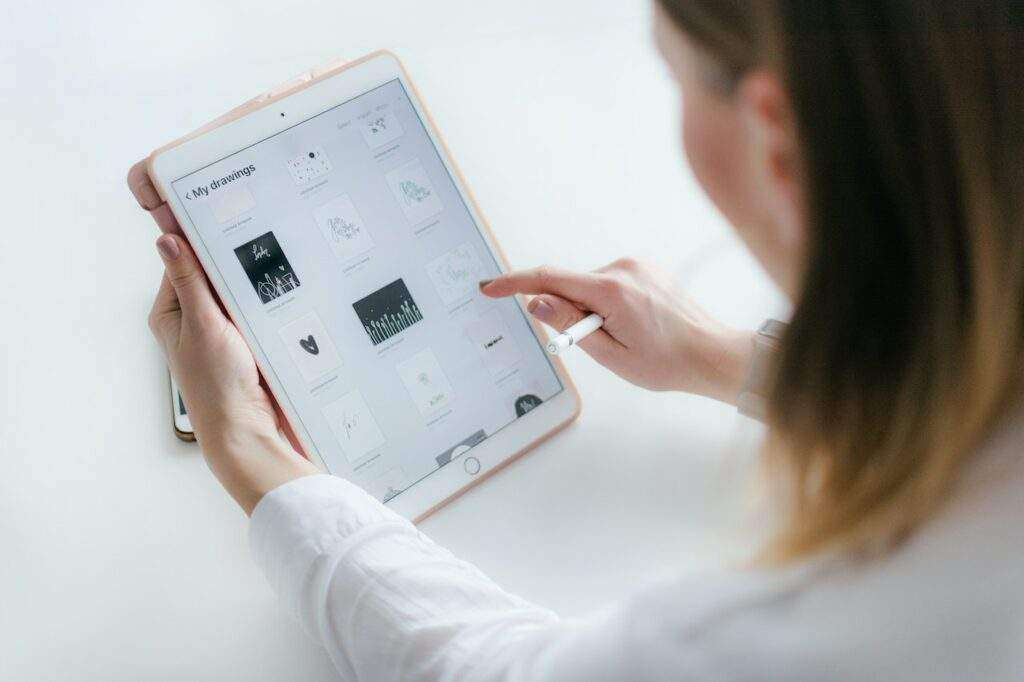
Mobile apps hold the future and have solutions for everything, from finance to shopping and from healthcare to e-learning. Last year offered an opportunity for businesses to emphasize the online approach, especially in the health sector.
Medical solutions via mobile apps became a thing, and now, every individual is following the same road. Notably, businesses hooked with the medical or healthcare sector are investing in mHealth app development to improve their relationship with the patients and offer an efficient service.
Did you know?
Out of 4 Lakh healthcare applications available on app stores, only about 10,000 apps are downloaded. It is because of failure at meeting the patient’s requirements.
So, the big question is, what is it that the users expect from mHealth apps?
Most importantly, users check for three important features, including the ability to schedule appointments online, prescription requests, and access to medical history.
According to the stats, only11% of healthcare apps are able to offer the features mentioned above, which is why it isn’t able to deliver convenience to the customers.
So, what are you waiting for? This is the exact opportunity you need to grab and start working on the same if you want your mHealth application to prosper. But before that, go through the detailed guide on what customers need and expect from a mobile healthcare application.
Must-Have Features of a Mobile Healthcare Application
1. Easy Access
Mobile applications are built to offer convenience to the users. Therefore, if an app doesn’t support the basic factor, which is easy access and navigation, it is of no use.
Sure, integrating unique features that will improve user experience is great, but make sure it doesn’t lead to a complex mechanism. In simple words, if it takes too long for a patient or a user to figure out the app’s functioning, it may lead to uninstallation.
2. Definite Information
Patients will willingly use a mobile app that provides them accurate knowledge and information about a specific condition. If you’re planning to develop an app only to integrate features like booking/cancellation of appointments, it’s of no use.
Build a mHealth app that offers insights on a patient’s symptoms or conditions, so that the users are able to figure out if they’re in actual need of a doctor. Not only this but integrating interaction tools will be the icing on the cake.
3. Effective Communication with the Experts
The primary purpose of a mobile healthcare app should be to connect with professionals in no time. Most times, patients visit the hospital with minute symptoms that can be resolved over the phone. Therefore, communicating with the professionals online will eliminate the need for the same, saving a lot of time and expenses.
4. User Friendly
About 90% of the mHealth applications are downloaded but not used.
What’s the reason?
Poor User Interface is the answer. Well, app developers must keep in mind the requirements of the target audience and build a simpler UI, which is easy to use. Most times, an app is downloaded, and as soon as the user visits the same, uninstallation seems like the best option due to poor app development.
It is essential to build an app with visuals, as they are much more helpful in capturing user’s attention. Not only this, but color schemes also play an important role.
Should Wearable Devices be Integrated?
Instead, the question should be, “why not?”
Wearable devices like smartwatches have buzzed the industry as such devices have the capability to track activity, sleep, and other features like heart rate monitoring and much more.
What else do you need when you can integrate wearable devices with your mHealth app and reap exceptional benefits?
Trends to Follow While Development of a Healthcare App
To ensure that your app stays in the market in the long run, there’s nothing better than adopting trends that’ll help you achieve the goal.
What are these trends? Keep reading!
Artificial Intelligence
There are numerous medical activities that already use the AI mechanism, including diagnosing, ultrasound, CT, and more.
Talking about the recent trends, AI-integrated chatbots are being used for mobile apps to gather information. Therefore, you can use the same to automatize interaction with the patients, which will save an ample amount of time and resources.
Blockchain
Do you want to manage complex operations related to cryptocurrency?
Blockchain tech is what you need! Using blockchain tech in the health industry can manage records, conduct research, improve transaction systems, and whatnot!
Wrapping Up
In today’s world, where everything’s driven by tech, the healthcare industry adopting a digital approach is not at all shocking. Undoubtedly, digital solutions can offer services that have the potential to carry out activities efficiently.
So, are you all set to take your healthcare business to the next level? Wait no more, and reach out to the professionals for further help. Present your idea and get insights on the same for the adoption of best practices, and receive a higher rate of returns in no time.
Offering a promising service is likely to convince more and more users to take up the service because in the end, health is all that matters!

